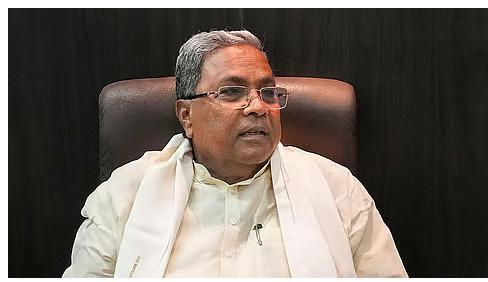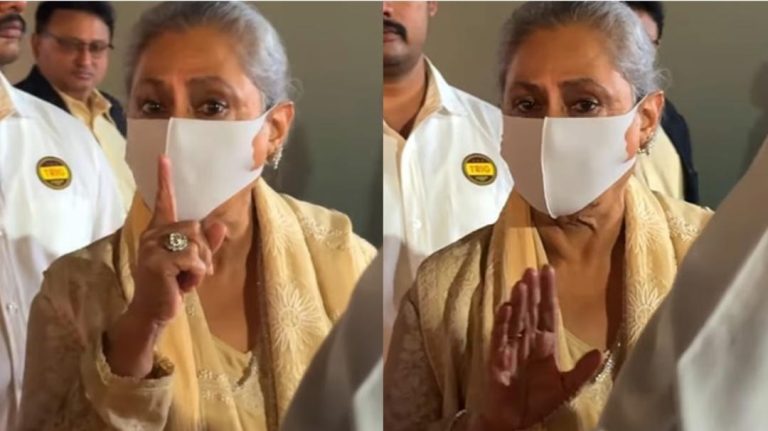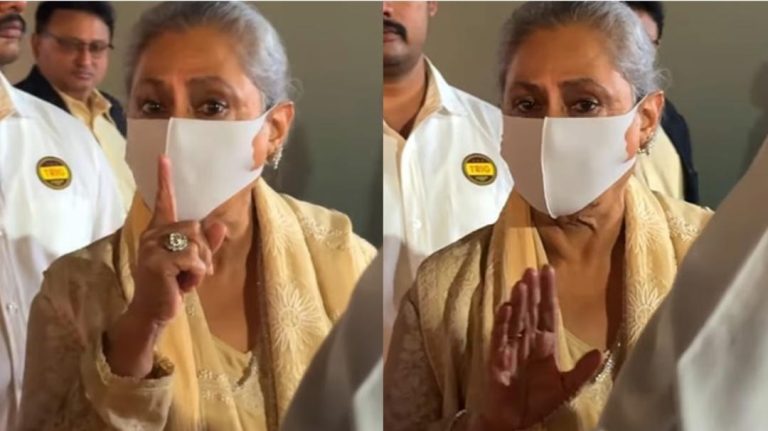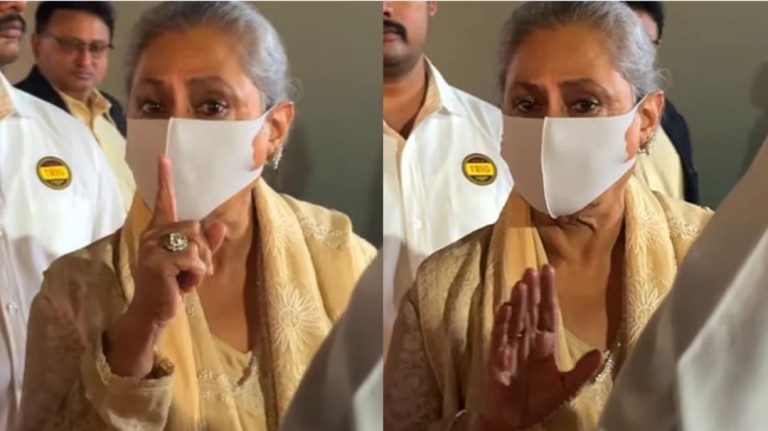
K’taka CM demands higher share in central tax revenue pool
The Karnataka Chief Minister, Siddaramaiah, has made a strong plea to the 16th Finance Commission to increase the state’s share in the central tax revenue pool. The Chief Minister met the 16th Finance Commission Chairman, Arvind Panagariya, to press his case. Siddaramaiah argued that the state’s share in central tax revenues has decreased significantly over the years, and it is imperative to address this issue to ensure the state’s financial well-being.
The 15th Finance Commission, which was responsible for allocating central tax revenues to states for the period between 2021 and 2026, had allocated a mere 3.64% to Karnataka. This is a substantial decrease from the 4.71% allocated by the 14th Finance Commission for the period between 2015 and 2020. Siddaramaiah believes that this reduction is unjust and demands a higher allocation for the state from the central tax pool for the next five years, beginning April 1, 2026.
The Chief Minister cited several reasons why Karnataka deserves a higher share in central tax revenues. Firstly, the state has been consistently contributing a significant amount to the central exchequer. In the 2021-22 fiscal year, Karnataka’s contribution to the central government was around 6.23% of the total revenue collected. This is a significant proportion, considering the state’s economic size and population.
Secondly, Karnataka has been facing several challenges, including a burgeoning population and increasing infrastructure demands. The state’s population is projected to grow by around 2% annually, which will put pressure on its resources. Moreover, the state is facing significant infrastructure demands, including the need for new roads, bridges, and public transportation systems. A higher allocation from the central tax pool will enable the state to address these challenges more effectively.
Thirdly, Karnataka has been a significant contributor to the country’s economic growth. The state is home to several major industries, including IT, biotechnology, and automotive manufacturing. These industries have been driving growth and creating employment opportunities for millions of people. A higher allocation from the central tax pool will help the state to continue its economic growth momentum.
Siddaramaiah also pointed out that several other states, including Maharashtra, Gujarat, and Tamil Nadu, have received higher allocations from the central tax pool in the past. He believes that Karnataka deserves a similar treatment, considering its economic contribution and growth prospects.
The Chief Minister’s demand for a higher share in central tax revenues is not without precedent. Several other states, including West Bengal and Odisha, have made similar demands in the past. The 16th Finance Commission has been empowered to review the existing formula for distributing central tax revenues and make recommendations for the next five years.
The outcome of the Chief Minister’s meeting with the 16th Finance Commission Chairman will be keenly watched. If the commission accepts Siddaramaiah’s demand, it could have significant implications for Karnataka’s economy. The state could use the additional funds to invest in critical infrastructure projects, improve public services, and stimulate economic growth.
On the other hand, if the commission rejects the Chief Minister’s demand, it could lead to resentment among the state’s population. The state government would need to find alternative sources of funding to address its needs and challenges.
In conclusion, the Chief Minister’s demand for a higher share in central tax revenues is a legitimate one. Karnataka has been a significant contributor to the country’s economic growth, and it deserves a fair share of the central tax pool. The 16th Finance Commission has a critical role to play in ensuring that the state’s interests are protected and its needs are addressed.






